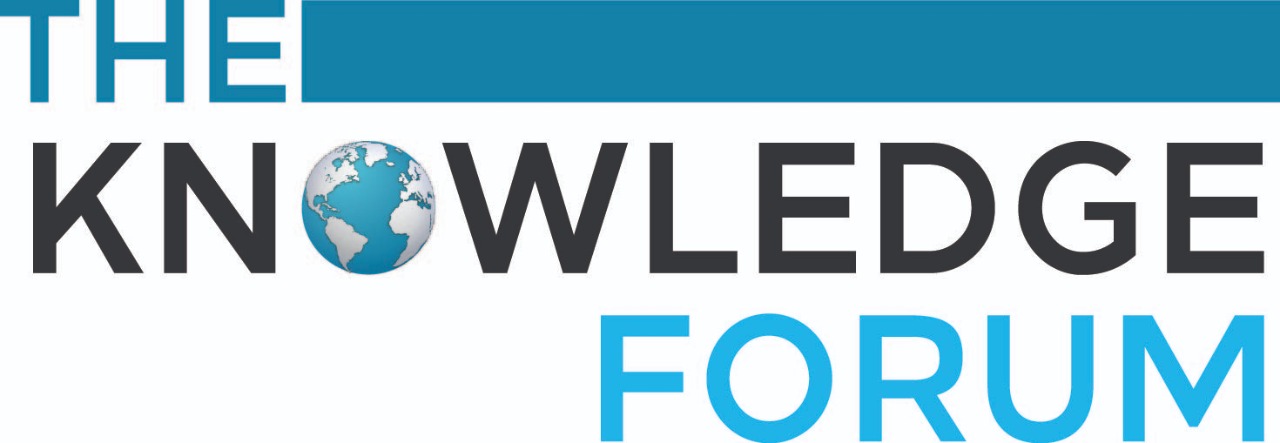Pakistan Bulletin
An up-to-date and informed analyses of key issues of Pakistan.
Budgetary Allocations and Human Rights Institutions
June 2024
Budgetary allocations for human rights are essential as the independence and effectiveness of HRIs are closely tied to their financial resources.
There are significant consequences of insufficient funding of human rights institutions.
1) Inadequate funds become barriers to operational capacity. Without sufficient funding, HRIs struggle to cover basic operational costs, including salaries for staff, maintenance of facilities. In the case of Pakistan’s HRIs, this has led to a reduced ability to conduct investigations, monitor human rights violations, and provide necessary services to the public or at least to the victims;
2) Inadequate funding has also pushed HRIs to depend on donors and external sources for support. This results in irregular or project based funding, which further compromises the independence and functions of HRIs. It has been observed that currently, most of the funding for the National Commission for the Rights of the Child is donor-driven; thus restricting the scope and effectiveness of the critical institution;
3) Inadequate funding also causes inefficiencies and a lack of responsiveness, which erodes public trust in HRIs. It has been noticed that gradually civil society has started distrusting the HRIs because, among many reasons, these are observed to be lacking effectiveness.
Budgetary support to social sectors and essential services – education, health, water, sanitation services, and social protection – is equally important as it contributes to the overall human rights environment. As witnessed in the case of Pakistan, insufficient funding for education, health, and sanitation services has led to poor quality public services, disproportionately affecting vulnerable populations and undermining their human rights. Moreover, lack of financial support for social sectors such as healthcare and education affects access and quality, pushing the marginalised section of the population further down the poverty line and eroding their access quality of life and secure future. Poor public services and increased poverty result in higher incidences of human rights violations, including child domestic labour, forced begging, worst forms of child labour, human trafficking, and exploitation of vulnerable groups.
Lack of financial support for essential services exacerbates poverty and inequality, making it difficult for marginalized groups to access basic human rights and services such as education and healthcare.
Adequate funding for health and education services ensures that public services are of high quality, accessible, and effective, supporting the overall well-being of the population and promoting social and economic development. This helps in upholding human rights by providing the necessary resources to address health and education needs, reducing inequalities, and protecting vulnerable populations. On the other hand, insufficient funding can lead to poor quality services, overcrowded facilities, lack of essential supplies, and untrained staff, directly impacting the ability of individuals to enjoy their rights to health and education. Without adequate resources, marginalized and vulnerable populations are disproportionately affected, exacerbating existing inequalities and hindering efforts to achieve equity and justice. Therefore, the increased budgetary allocations in both Punjab and Sindh are positive steps towards fulfilling their human rights obligations, though the effectiveness of these allocations will depend on how well the funds are utilized and whether they reach the intended beneficiaries. Continuous monitoring, transparent governance, and community involvement are therefore essential to ensure that increased funding translates into tangible improvements in human rights outcomes.
Dr. Abdullah Khoso
Author
Dr. Abdullah Khoso is an Assistant Professor at Centre for Public Policy and Governance (CPPG) Forman Christian College University (FCCU) Lahore.

Get the latest news and updates from our team
